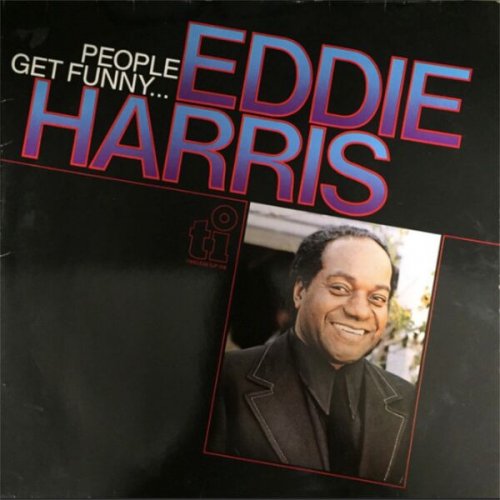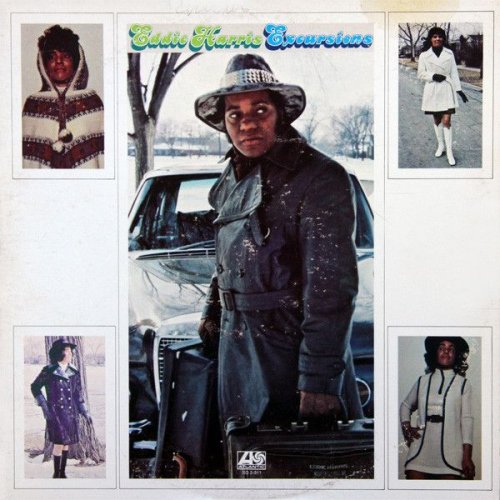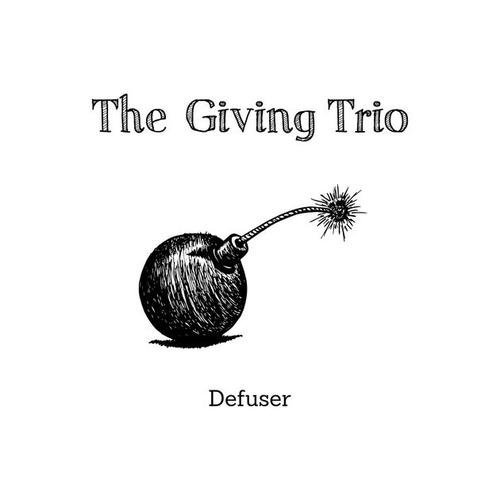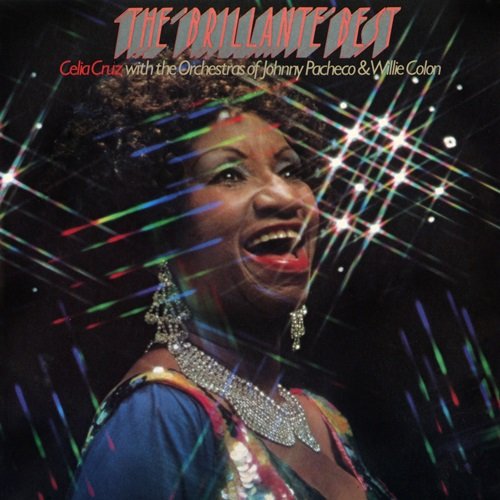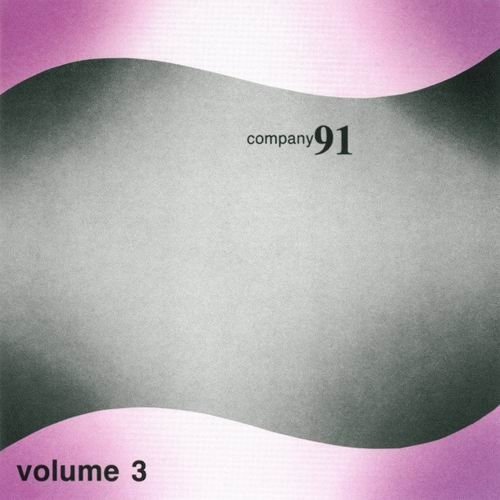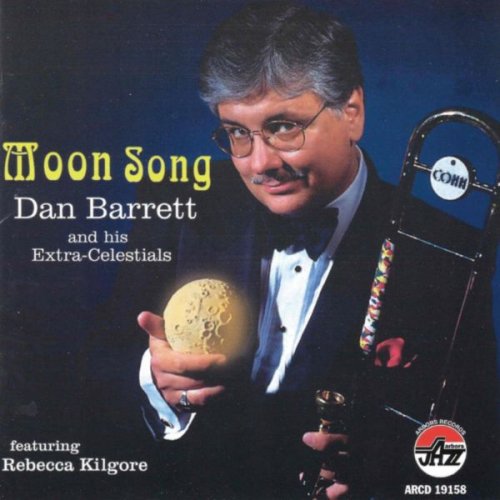Richard Barnes - Take To The Mountains (1970/2007)
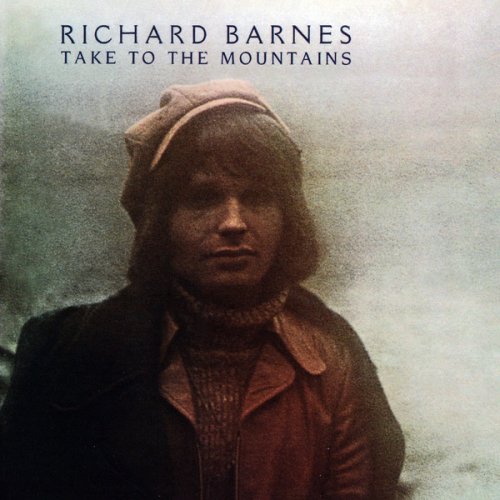
Artist: Richard Barnes
Title: Take To The Mountains
Year Of Release: 1970/2007
Label: RPM retrodisc
Genre: Pop, Rock
Quality: Flac (tracks)
Total Time: 01:04:30
Total Size: 391 Mb
WebSite: Album Preview
Tracklist:Title: Take To The Mountains
Year Of Release: 1970/2007
Label: RPM retrodisc
Genre: Pop, Rock
Quality: Flac (tracks)
Total Time: 01:04:30
Total Size: 391 Mb
WebSite: Album Preview
01. Take To The Mountains
02. Woman Woman
03. Maria Elena
04. Take My Hand For A While
05. Your Song
06. The Way I Feel
07. High Flying Electric Bird
08. London
09. I Think I'm Getting Over You
10. Hard Headed Woman
11. Mama
12. It's Getting Better
13. Homeward Bound
14. Live Till You Die
15. Maybe
16. Tomorrow Never Comes
17. Could We Start Again Please
18. Coldwater Morning
19. Wandering
20. Go North
Richard Barnes (born 9 July 1944 in Surrey, England) is a British singer who saw limited chart success in the early 1970s.
Richard Barnes had a brief pop career that came closest to success in 1970/71, when three of his singles had massive backing from Radio 1, including Top of the Pops appearances for each one, yet failed to see him past no 34 in the singles chart. Take to the Mountains is a compilation CD released in 2007, bringing together all his singles, his one LP and two new tracks, recorded that year, and named after his best and most successful song.
I turned 14 in November 1969, knowing virtually nothing about pop music. My parents hated it, I never saw Top of the Pops (save for a few seconds, switching over from ITV to be ready for whatever followed it) and I didn’t start listening to Radio 1 until ten days from the end of the Sixties.
My tastes were naïve to begin with, unformed and impressionable, and I was open to the possible influence of everything as we entered 1970. Radio 1 played ‘Take to the Mountains’ and I was hooked.
It’s a big pop ballad, fully orchestrated, with a powerful chorus, and Barnes had a powerful, expressive voice. When he followed it up with the almost as good ‘Go North’ (to the same effect), I was hooked.
Barnes had started out as bassist and lead singer with The Quiet Five, one of many unsuccessful Sixties groups,relying on harmonies and a quieter sound than others, leaning towards what was not yet described as ‘middle of the road’. He’d gone solo in 1968 with a cover of Gary Puckett’s ‘Woman, Woman’ (it’s b-side, ‘The Princess and the Soldier’ is a minor gem) but seemingly didn’t record at all in 1969, before reaching his ‘peak’ with ‘Take to the Mountains’. This and ‘Go North’ were written by professional songwriter Tony Hazzard, a man with a good commercial and artistic track record.
But after 1971’s ‘Coldwater Morning’, a Neil Diamond cover, and Barnes’ last Top Forty entry (in a Top Thirty era), he effectively disappeared, leaving one final 1973 single and a re-issue of ‘Take to the Mountains’ behind for a stage career, taking over the lead role in Jesus Christ, Superstar on the London stage. That, apart from a 1976 album of duets with Tony Hazzard, including a cover of Hazzard’s Manfred Mann hit, ‘Fox on the Run’, released as a single, was that.
Some people, despite their talent, aren’t meant to make it. Richard Barnes had a great voice (and still does: on the two contemporary tracks on this compilation, his voice remains unchanged). But his failure to break through was in equal measure due to his being wrong for the times, and in being too middle of the road at heart.
Barnes’ voice was, in that respect, too good for pop, which never quite sounds right when sung by someone who sings clearly and confidently, with a rich, trained voice and a vocal range. Barnes, though something of a pretty boy, was too young and too pop for the kind of audience catered to by Tom Jones and Engelbert, but insufficiently rough and raucous, in every respect, for the younger audience.
His two 1970 singles might have done better a couple of years earlier, when Britain was enjoying a period of heavily orchestrated pop, by bands such as the Love Affair, the early Marmalade and the Casuals, but even then Barnes lacked the pop sensibility and dynamism of such tracks.
But in 1970, with the already legendary Sixties coming to an end, there was an atmosphere of change. So many pop bands, from all levels of the success spectrum, were suddenly going ‘heavy’. The underground came to prominence. Pop in its pure, innocent form was squeezed hard. And someone like Richard Barnes, who was not quite of the moment, whose music was too close to what your parents listened to, stood no chance.
Except with misfits like me, still working out what they liked and didn’t. Barnes’ voice, and the sheer quality of ‘Take to the Mountains’ and ‘Go North’, captured me, and a certain spirit of individualism, led to me declaring myself a fan. So, of course, I had to buy this.
I don’t play it often because, forty years on, I’m really not into MOR music. But this CD is part of my history, and Richard Barnes really is a bloody good singer, so it stays, to entertain me evey now and then, when the right mood strikes.
Richard Barnes had a brief pop career that came closest to success in 1970/71, when three of his singles had massive backing from Radio 1, including Top of the Pops appearances for each one, yet failed to see him past no 34 in the singles chart. Take to the Mountains is a compilation CD released in 2007, bringing together all his singles, his one LP and two new tracks, recorded that year, and named after his best and most successful song.
I turned 14 in November 1969, knowing virtually nothing about pop music. My parents hated it, I never saw Top of the Pops (save for a few seconds, switching over from ITV to be ready for whatever followed it) and I didn’t start listening to Radio 1 until ten days from the end of the Sixties.
My tastes were naïve to begin with, unformed and impressionable, and I was open to the possible influence of everything as we entered 1970. Radio 1 played ‘Take to the Mountains’ and I was hooked.
It’s a big pop ballad, fully orchestrated, with a powerful chorus, and Barnes had a powerful, expressive voice. When he followed it up with the almost as good ‘Go North’ (to the same effect), I was hooked.
Barnes had started out as bassist and lead singer with The Quiet Five, one of many unsuccessful Sixties groups,relying on harmonies and a quieter sound than others, leaning towards what was not yet described as ‘middle of the road’. He’d gone solo in 1968 with a cover of Gary Puckett’s ‘Woman, Woman’ (it’s b-side, ‘The Princess and the Soldier’ is a minor gem) but seemingly didn’t record at all in 1969, before reaching his ‘peak’ with ‘Take to the Mountains’. This and ‘Go North’ were written by professional songwriter Tony Hazzard, a man with a good commercial and artistic track record.
But after 1971’s ‘Coldwater Morning’, a Neil Diamond cover, and Barnes’ last Top Forty entry (in a Top Thirty era), he effectively disappeared, leaving one final 1973 single and a re-issue of ‘Take to the Mountains’ behind for a stage career, taking over the lead role in Jesus Christ, Superstar on the London stage. That, apart from a 1976 album of duets with Tony Hazzard, including a cover of Hazzard’s Manfred Mann hit, ‘Fox on the Run’, released as a single, was that.
Some people, despite their talent, aren’t meant to make it. Richard Barnes had a great voice (and still does: on the two contemporary tracks on this compilation, his voice remains unchanged). But his failure to break through was in equal measure due to his being wrong for the times, and in being too middle of the road at heart.
Barnes’ voice was, in that respect, too good for pop, which never quite sounds right when sung by someone who sings clearly and confidently, with a rich, trained voice and a vocal range. Barnes, though something of a pretty boy, was too young and too pop for the kind of audience catered to by Tom Jones and Engelbert, but insufficiently rough and raucous, in every respect, for the younger audience.
His two 1970 singles might have done better a couple of years earlier, when Britain was enjoying a period of heavily orchestrated pop, by bands such as the Love Affair, the early Marmalade and the Casuals, but even then Barnes lacked the pop sensibility and dynamism of such tracks.
But in 1970, with the already legendary Sixties coming to an end, there was an atmosphere of change. So many pop bands, from all levels of the success spectrum, were suddenly going ‘heavy’. The underground came to prominence. Pop in its pure, innocent form was squeezed hard. And someone like Richard Barnes, who was not quite of the moment, whose music was too close to what your parents listened to, stood no chance.
Except with misfits like me, still working out what they liked and didn’t. Barnes’ voice, and the sheer quality of ‘Take to the Mountains’ and ‘Go North’, captured me, and a certain spirit of individualism, led to me declaring myself a fan. So, of course, I had to buy this.
I don’t play it often because, forty years on, I’m really not into MOR music. But this CD is part of my history, and Richard Barnes really is a bloody good singer, so it stays, to entertain me evey now and then, when the right mood strikes.
![Luke Marantz, Simon Jermyn - Echoes (2026) [Hi-Res] Luke Marantz, Simon Jermyn - Echoes (2026) [Hi-Res]](https://www.dibpic.com/uploads/posts/2026-01/1767967002_a1295048848_16.jpg)
